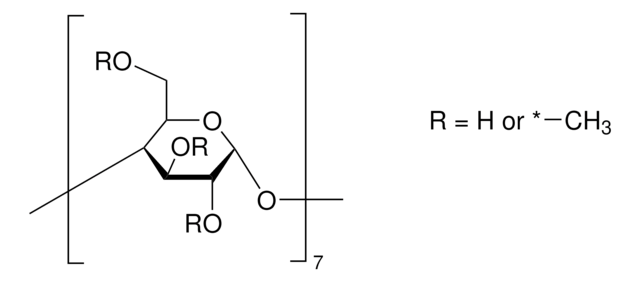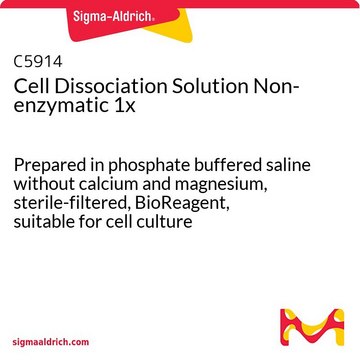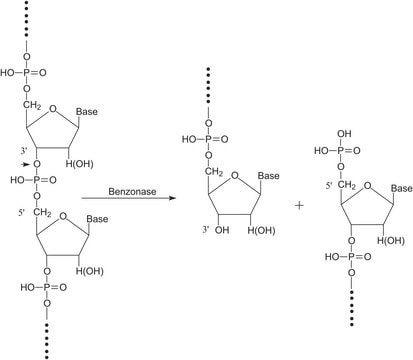MABS27
Anti-Diglycyl Lysine (Clone GX41) Antibody
clone GX41, from mouse
Synonyme(s) :
Diglycyl Lysine
About This Item
Produits recommandés
Source biologique
mouse
Niveau de qualité
Forme d'anticorps
purified immunoglobulin
Type de produit anticorps
primary antibodies
Clone
GX41, monoclonal
Espèces réactives
human, mouse, rat
Réactivité de l'espèce (prédite par homologie)
all
Technique(s)
immunoprecipitation (IP): suitable
western blot: suitable
Isotype
IgG1κ
Conditions d'expédition
wet ice
Modification post-traductionnelle de la cible
unmodified
Description générale
Spécificité
Immunogène
Application
A previous lot was used by an independent a laboratory in Mass Spec. Image courtesy of Samie Jaffrey, Cornell Medical College.
Signalisation
Modifications post-traductionnelles générales
Qualité
µµ
Description de la cible
Forme physique
Stockage et stabilité
Remarque sur l'analyse
Autres remarques
Clause de non-responsabilité
Vous ne trouvez pas le bon produit ?
Essayez notre Outil de sélection de produits.
Code de la classe de stockage
12 - Non Combustible Liquids
Classe de danger pour l'eau (WGK)
WGK 1
Point d'éclair (°F)
Not applicable
Point d'éclair (°C)
Not applicable
Certificats d'analyse (COA)
Recherchez un Certificats d'analyse (COA) en saisissant le numéro de lot du produit. Les numéros de lot figurent sur l'étiquette du produit après les mots "Lot" ou "Batch".
Déjà en possession de ce produit ?
Retrouvez la documentation relative aux produits que vous avez récemment achetés dans la Bibliothèque de documents.
Notre équipe de scientifiques dispose d'une expérience dans tous les secteurs de la recherche, notamment en sciences de la vie, science des matériaux, synthèse chimique, chromatographie, analyse et dans de nombreux autres domaines..
Contacter notre Service technique








